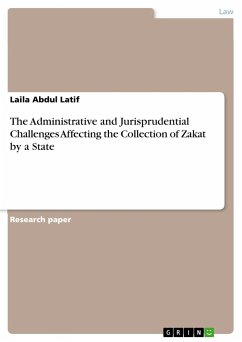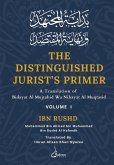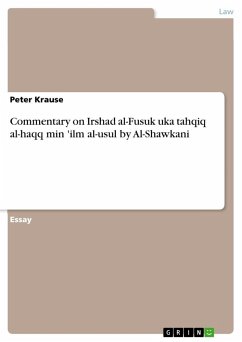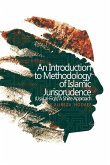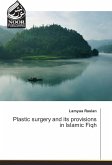Research Paper (undergraduate) from the year 2012 in the subject Law - Miscellaneous, grade: A, University of Nairobi (School of Law), course: Public Finance and Financial Services Law, language: English, abstract: State controlled zakat collection is the most effective way of collecting zakat. However, this system is not without challenges that inhibit the size of zakat revenue to be realized. These challenges are administrative and jurisprudential. A number of publicists have written several books and articles on the collection of zakat by a state. However none of them have considered the fact that this system faces challenges when it comes to the collection of zakat. This research, therefore, has attempted to add to the existing literature by identifying what these administrative and jurisprudential challenges are that affect the collection of zakat by a state. Muslim scholars have also been identified who have consistently since the time of the Prophet (peace be on him) argued for the collection of zakat by a state, but have failed to discuss that this system may be facing administrative and jurisprudential challenges that limit the revenue collected through zakat. These scholars were more concerned with the philosophies behind arguing a case for the collection of zakat by a state. Consequently, this research took upon the task of investigating through the case study approach what challenges certain selected countries faced in the collection of zakat, and whether these challenges are administrative and jurisprudential in nature and accordingly pointed out some recommendations that would aid in overcoming the identified challenges.
Bitte wählen Sie Ihr Anliegen aus.
Rechnungen
Retourenschein anfordern
Bestellstatus
Storno

